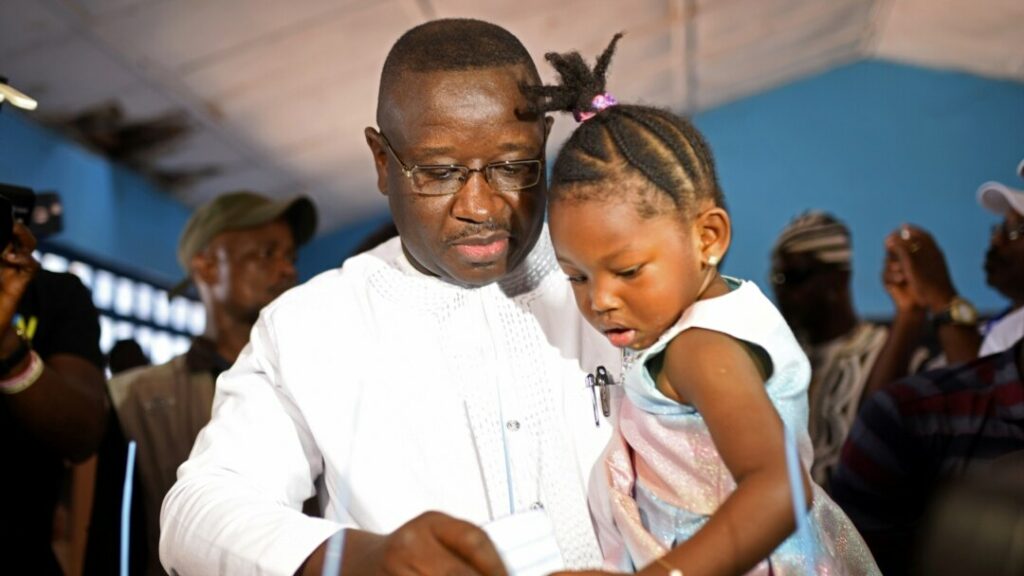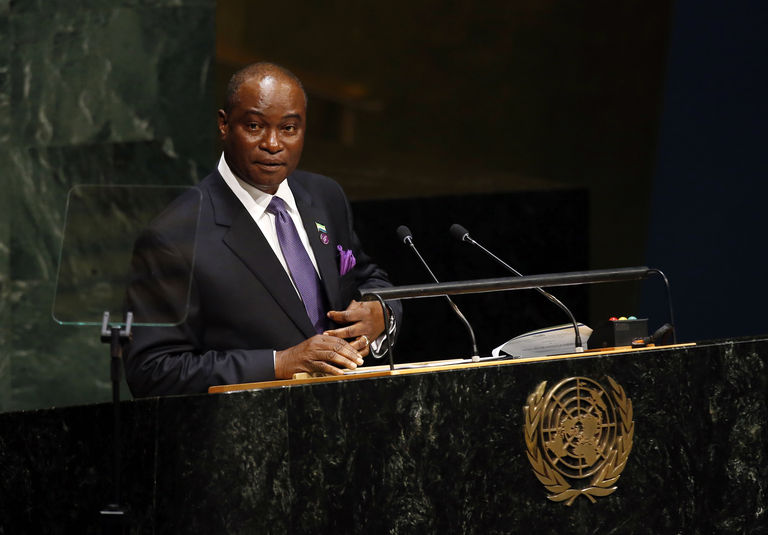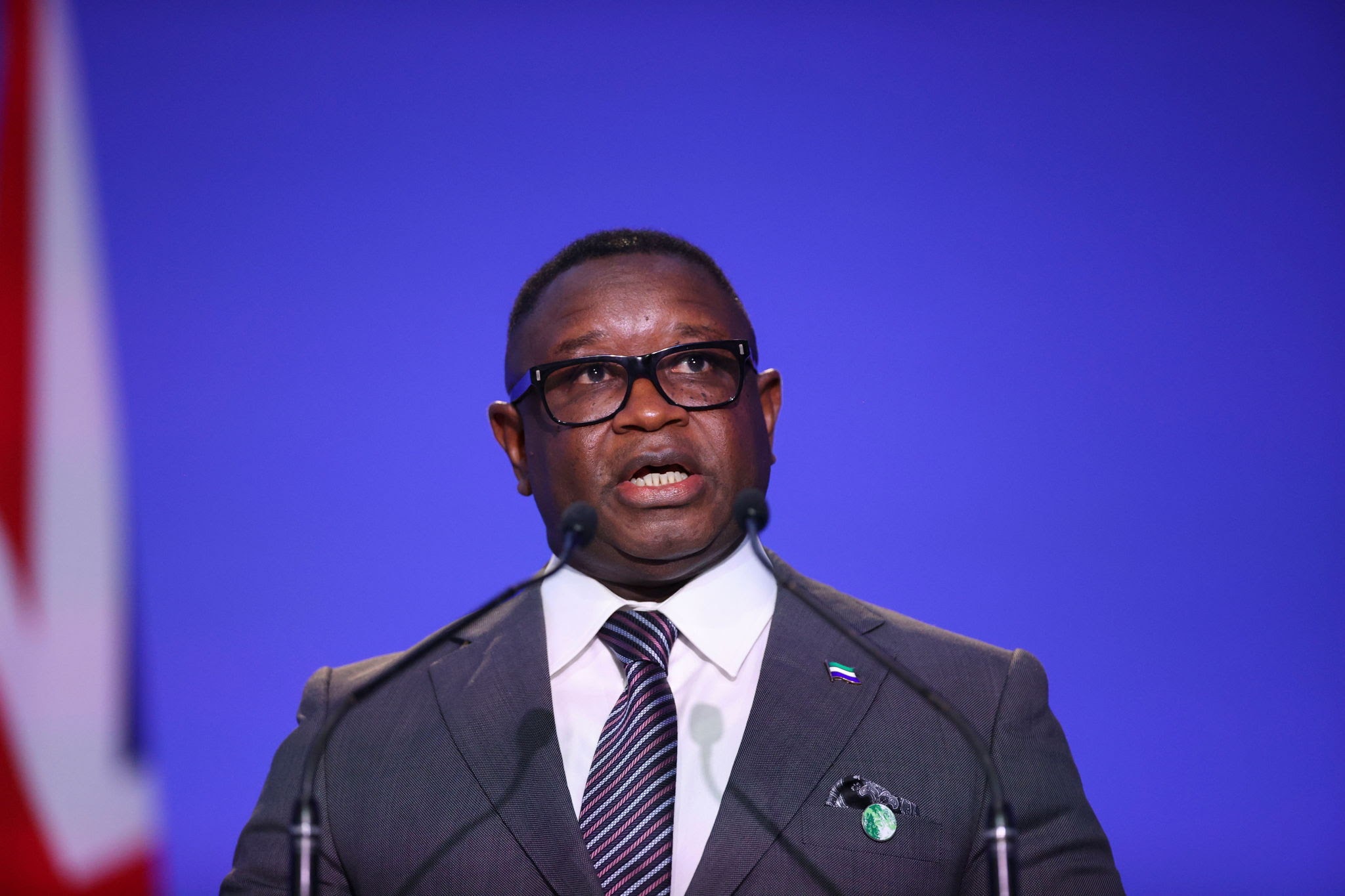- The June 24 vote is the fifth since the end of Sierra Leone’s civil war in 2002 and held amid high unemployment and inflation, as well as growing violent rhetoric.
Approximately 3.4 million Sierra Leoneans are expected to vote in a general election on Saturday in which incumbent President Julius Maada Bio is seeking a second and final term amid frustrations over economic hardship.
Voters will also elect members of parliament and local councillors across the West African state which is experiencing massive unemployment, high levels of inflation, and a depreciating currency.
In August 2022, there were protests in Freetown and several northern towns about soaring costs of living, resulting in more than 20 deaths as security agents fired at protesters.
The poll is the fifth presidential election since the end of a 1991-2002 civil war in which more than 50,000 were killed, hundreds maimed and hundreds of thousands displaced. Bio, 59, is seen as the front-runner in the 13-candidate presidential race.

His biggest challenger is Samura Kamara of the main opposition All People’s Congress (APC) party, who narrowly lost to Bio in the last 2018 election. Kandeh Yumkella, a former United Nations under-secretary-general who came third in 2018 and is not running, has thrown his weight behind the president.

While campaigning has been generally peaceful, some election-related violence toward the opposition has broken out around ruling party strongholds in the southeast.
“They keep attacking us… by destroying our campaign posters and attacking our supporters,” Kamara said, adding that his party office was set on fire in the southern city of Bo, while his convoy came under attack in another town.
The ruling party has meanwhile complained about attacks on its supporters in the southern Pujehun district and in the opposition’s northern stronghold.
Some voters have also been alarmed by violent rhetoric from the main parties during the campaign.
Last week, Kamara called for the electoral commissioners to resign, saying his party did not believe in their ability to hold free and fair elections.
The APC party has met with the election management body and threatened to urge supporters to take to the streets on Wednesday if its demands were not met. The two sides have been locked in talks to prevent the situation from degenerating.
On the campaign trail, Kamara’s party has criticised Bio’s handling of the economy and soaring prices. The ruling party has blamed economic woes on external factors such as the coronavirus pandemic and the war in Ukraine.
If no candidate secures 55 percent of valid votes cast in the first ballot, the top two candidates will head to a run-off two weeks after the announcement of the first-round result.
Source: Al Jazeera






